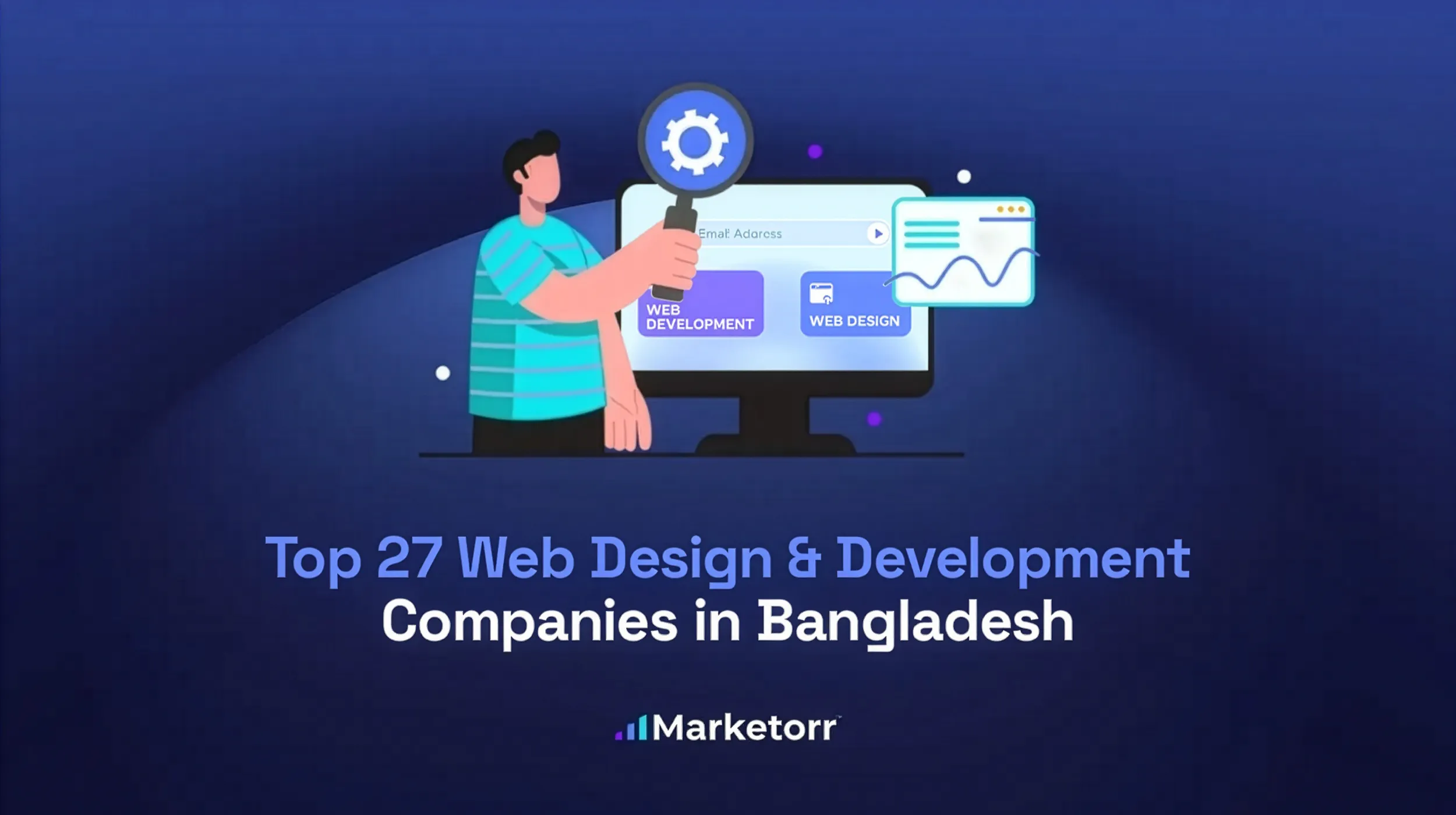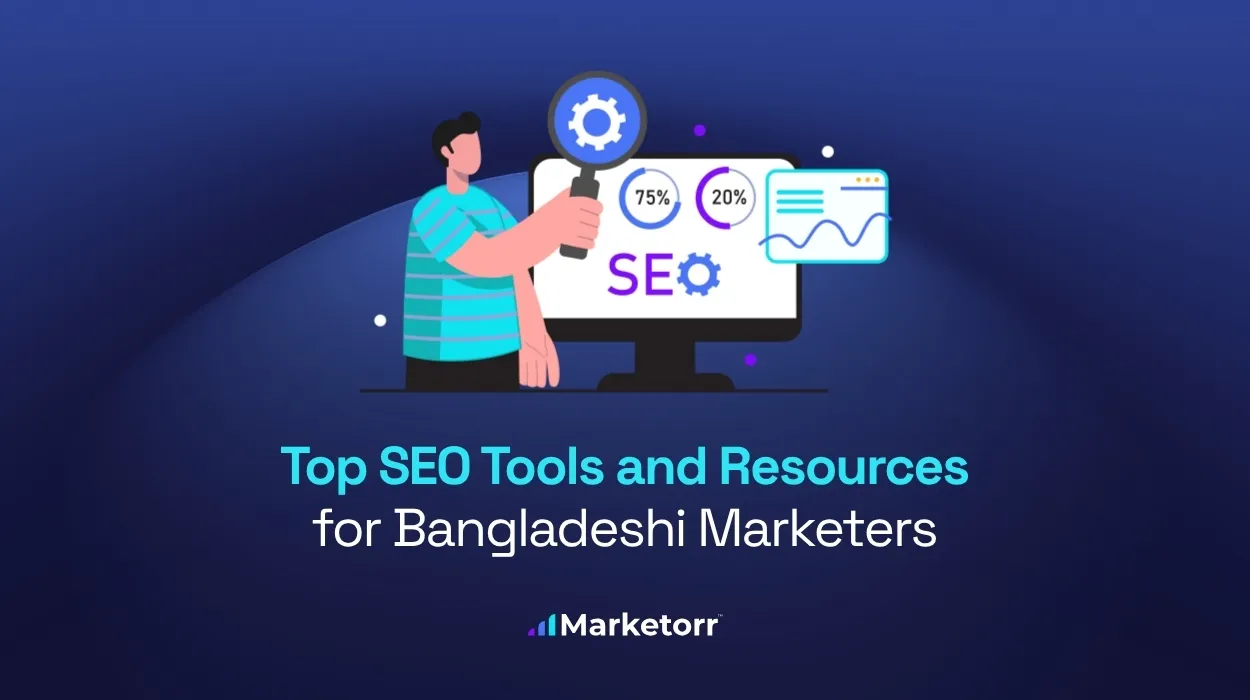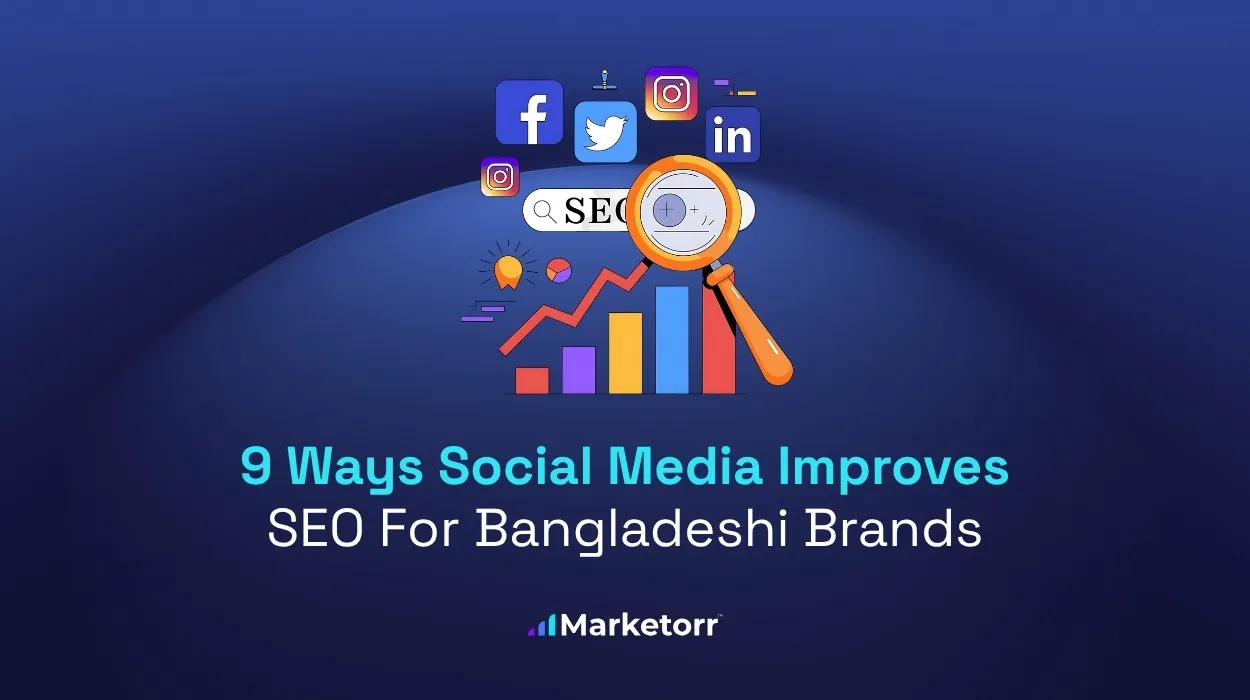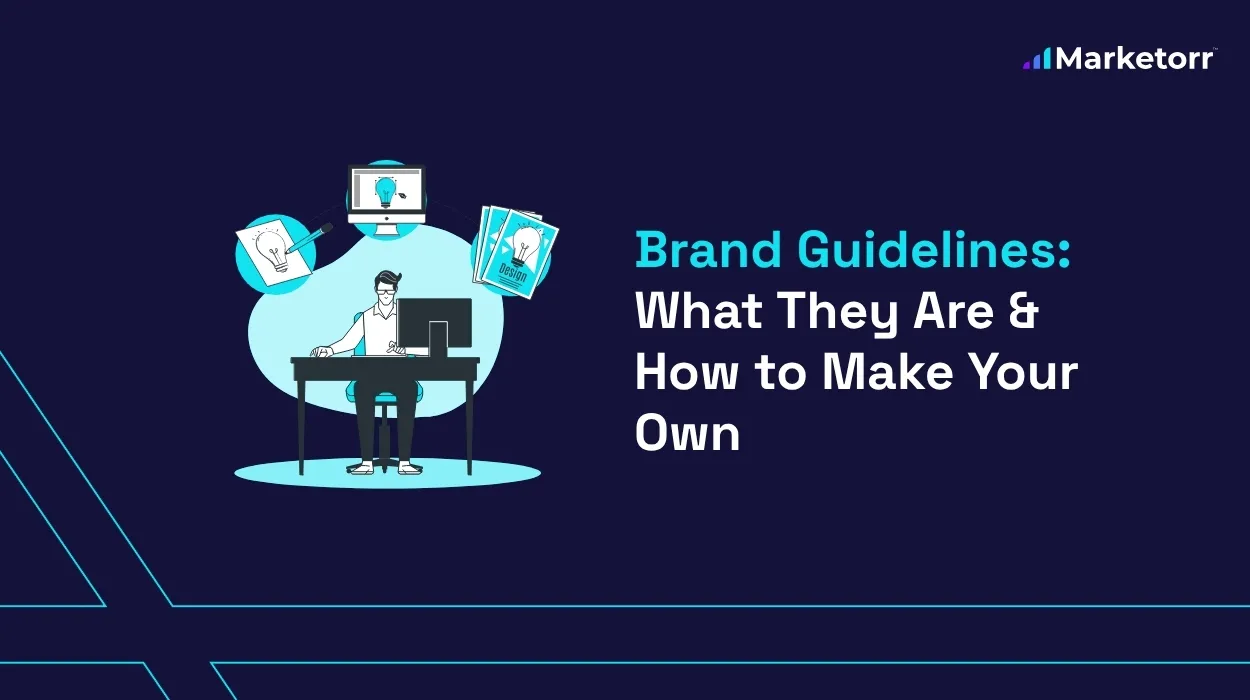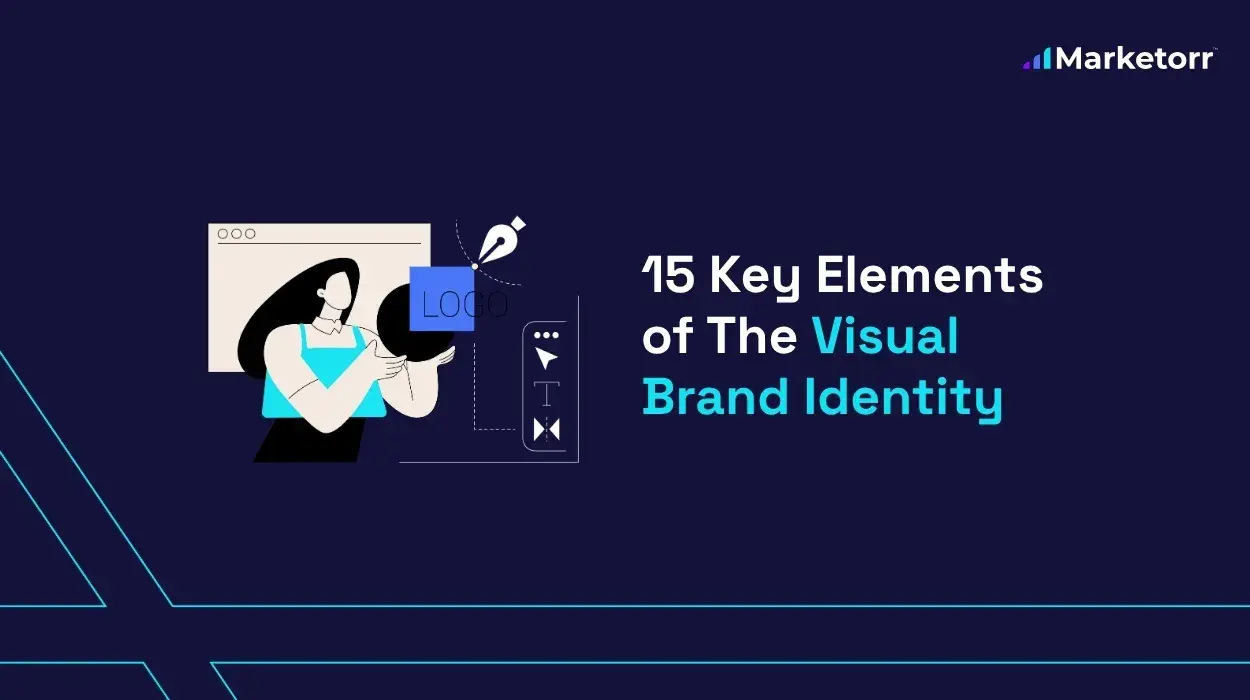Small businesses gain massive advantages from SEO. The right SEO strategy puts your business in front of potential customers actively searching for your products or services. SEO services create sustainable growth without the high costs of traditional advertising methods.
Research from BrightLocal shows 97% of people learn about local businesses online more than anywhere else. Small businesses with strong SEO outperform competitors regardless of company size or marketing budget.
15 Benefits of SEO for Small Businesses
SEO offers 15 powerful benefits for small businesses, including increased visibility, higher traffic, and better ROI. These benefits help small businesses compete with larger companies without spending huge marketing budgets.
Small businesses implementing proper SEO strategies see more leads than those without SEO. The digital landscape demands a strong search presence for business survival and growth in competitive markets.
1. Increased Online Visibility
SEO boosts your website’s ranking on search engines like Google, Bing, and Yahoo. Higher rankings mean more people see your business when searching for relevant keywords.
- The average first page result on Google gets 31.7% of all clicks. Your business appears in front of potential customers exactly when they need your services.
- Studies show 75% of users never scroll past the first page of search results. Getting your small business on page one makes you visible to potential customers searching for your products or services.
- Local businesses gain more visibility through proper SEO tactics. This translates directly into more phone calls, direction requests, and website visits from people in your service area.
2. Boosts Brand Awareness
SEO builds brand recognition through consistent online presence. Users develop familiarity with your brand after seeing it multiple times in search results.
- Brand awareness increases when your business appears regularly in search results. Users recognize your business name, logo, and offerings after multiple exposures.
- Research reveals consumers need 5-7 brand impressions before remembering your business. SEO creates these touchpoints naturally as users encounter your website in search results.
- Small businesses report higher brand recall from customers who found them through organic search compared to paid advertising. This creates stronger brand associations and higher customer retention.
3. More Website Traffic
SEO drives targeted traffic to your website. Users who find your site through search engines have specific needs your business can address.
- Organic search generates over half of all website traffic across industries including retail, finance, and healthcare. This traffic consists of users actively interested in what you offer.
- Small businesses implementing SEO see significant traffic increases within 12 months. This traffic comes from users specifically seeking solutions your business provides.
- Quality traffic from SEO stays on your site longer than traffic from social media. These visitors view more pages and engage more deeply with your content.
4. Improved User Experience
SEO enhances website usability through better navigation, faster loading times, and mobile responsiveness. Search engines reward sites that provide excellent user experiences.
- Sites with good user experience see higher conversion rates. Visitors stay longer, explore more pages, and take desired actions on well-optimized websites.
- Page load speed improvements of just one second increase conversions. SEO practices that enhance site performance directly impact your bottom line.
- Bounce rates decrease on websites with strong SEO and user experience. This means fewer visitors leave without taking action, increasing your chances of conversion.
5. Higher Conversion Rates
SEO brings qualified leads who are ready to make purchasing decisions. These visitors convert at higher rates than those from other marketing channels.
- SEO leads have a 14.6% close rate compared to 1.7% for traditional outbound leads. Users finding your business through search often have stronger purchase intent.
- Small businesses report conversion increases after implementing comprehensive SEO strategies. These conversions include purchases, form submissions, and phone calls.
- Conversion rates from organic search visitors are higher than social media visitors. Users searching for specific solutions convert more readily than passive browsers.
6. Generating Quality Leads
SEO delivers high-quality leads who actively search for solutions you provide. These leads require less nurturing and convert more easily.
- Businesses report more leads from SEO compared to traditional advertising methods like print, radio, and TV. SEO leads also cost less than outbound leads.
- Lead quality scores increase for businesses with strong organic search presence. These leads show greater product knowledge and purchase readiness.
- Small businesses generate more revenue from SEO leads compared to other lead sources. This happens because search leads have specific needs your business can address.
7. Builds Credibility and Trust
SEO establishes authority in your industry through high-quality content and positive user signals. Search engines view authoritative sites as more trustworthy.
- Most consumers trust businesses that appear higher in search results. First-page rankings signal reliability and expertise to potential customers.
- Small businesses with strong SEO presence report higher trust ratings from first-time customers. This translates to shorter sales cycles and higher closing rates.
- Sites with comprehensive, helpful content earn more backlinks from other websites. These backlinks further increase your credibility with both search engines and potential customers.
8. Cost-Effective
SEO provides better returns than paid advertising over time. Once established, organic rankings continue delivering traffic without ongoing costs.
- The average cost per lead drops with SEO compared to paid search advertising. Small businesses maximize marketing budgets through this sustainable approach.
- SEO costs average less per month than equivalent paid advertising exposure. This difference becomes more significant over time.
- While paid advertising requires continuous spending, SEO investments build equity in your digital presence. This equity continues working for your business for years.
Better Return on Investment (ROI)
SEO delivers superior long-term ROI compared to most marketing channels. The compounding effects of SEO work increase value over time.
- SEO generates an average ROI of 275% for small businesses within the first year. This figure increases as rankings improve and traffic grows.
- The cumulative ROI from SEO after three years exceeds 1,000% for many small businesses. No other marketing channel offers this level of sustained return.
- SEO-generated leads convert at higher rates than general marketing leads. This higher conversion rate dramatically improves overall ROI.
Competitive Advantage
SEO helps small businesses compete with larger companies despite smaller budgets. Local search especially levels the playing field for small operations.
- Most small businesses allocate marketing budgets to SEO to compete effectively with larger competitors. Strategic keyword targeting allows small businesses to outrank industry giants in specific areas.
- Small businesses with strong local SEO outrank national chains for many local-intent searches. This advantage translates directly into more local customers.
- Research shows consumers often choose small businesses because of their strong online presence. Effective SEO builds this presence without enterprise-level marketing budgets.
Local SEO Benefits
Local SEO connects businesses with nearby customers through optimized Google Business Profiles and local keywords. This drives foot traffic and local sales.
- 46% of all Google searches have local intent. “Near me” searches have grown significantly in recent years, including searches for restaurants, auto repair shops, and retail stores.
- Small businesses with optimized Google Business Profiles receive more visits than those with incomplete profiles. These listings drive both website traffic and physical store visits.
- Local SEO increases in-store visits for small retail businesses. These visits convert at higher rates than customers finding your business through other channels.
Enhanced Mobile Optimization
SEO improves mobile experience through responsive design and faster loading speeds. Mobile optimization becomes increasingly important as mobile searches continue growing.
- Mobile users make up over 60% of all web traffic. Google prioritizes mobile-friendly websites in search rankings across all devices.
- Mobile-optimized sites load faster and keep visitors engaged longer. These engagement metrics directly impact your search rankings and conversion rates.
- Small businesses with mobile-optimized sites report higher conversion rates from mobile users. This advantage grows as mobile search volumes continue increasing yearly.
Early Engagement in the Buyer’s Journey
SEO puts your business in front of customers during early research phases. This allows you to influence decision-making from the start.
- Most online experiences begin with search engines. Capturing attention during initial research creates more brand consideration during final purchase decisions.
- Small businesses engaging customers through organic search see higher customer lifetime values. Early relationship building creates stronger long-term customer connections.
- B2B buyers typically start their purchase process with generic search queries. Strong SEO presence captures these prospects before they know your competitors exist.
Long-Term Results
SEO produces sustainable results that improve over time. While paid advertising stops delivering once you stop paying, SEO benefits compound.
- The average SEO campaign delivers increasing returns for 24-36 months with proper maintenance. Early SEO investments continue generating value years later.
- Most pages ranking in the top 10 are over a year old. Well-established content continues attracting traffic and customers for years.
- Small businesses report that SEO traffic has a longer customer retention rate compared to other channels. This sustainability creates predictable revenue streams.
Scalability for Growth
SEO scales with your business growth. As you expand services or locations, SEO strategies adapt to support new objectives.
- Most small businesses report SEO success scales proportionally with business expansion. SEO frameworks adjust to accommodate new products, services, and market areas.
- Multi-location businesses experience more growth from SEO than single-location businesses. Each new location creates additional SEO opportunities and traffic sources.
- Small businesses expanding product lines see faster adoption rates for new offerings when supported by SEO. Search visibility accelerates market penetration for new business initiatives.
Where to Start with SEO
Begin your SEO journey with keyword research to identify terms your potential customers use. Tools like Google Keyword Planner, Semrush, and Ahrefs help discover valuable keywords.
- Focus on long-tail keywords with lower competition first. These specific phrases convert better and provide quicker ranking opportunities for small businesses.
- Optimize your website structure for both users and search engines. Create clear navigation, improve page load speed, and ensure mobile responsiveness.
- Technical SEO fundamentals include fixing broken links, implementing proper URL structures, and creating XML sitemaps. These technical elements form the foundation of effective SEO.
Develop consistent content addressing customer questions and needs. Blog posts, guides, and videos targeting specific keywords build authority in your industry.
- Content should follow the E-A-T principle (Expertise, Authoritativeness, Trustworthiness) to satisfy both users and search engines. Answer specific customer questions thoroughly.
- Build quality backlinks from reputable websites in your field. Local business directories, industry associations, and partner websites provide valuable link opportunities.
- Avoid shortcuts like buying links or using link farms. Focus on earning links naturally through great content and business relationships.
Track your progress using Google Analytics and Google Search Console. These free tools provide valuable insights into your SEO performance and areas for improvement.
- Set realistic expectations and timeline goals. Understand that SEO is a marathon, not a sprint, delivering increasing returns over months and years.
